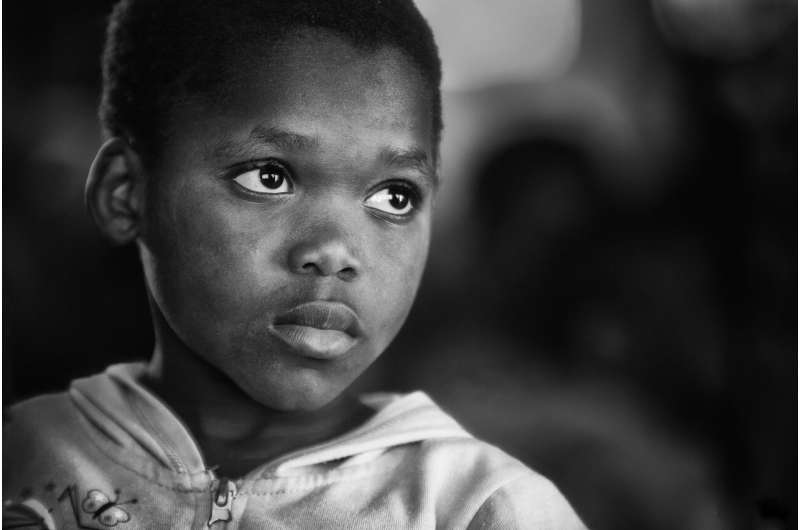Disparities in Outcomes for Black and Hispanic Children with High-Risk Neuroblastoma Despite Standardized Treatments

Recent research led by UT Southwestern Medical Center highlights significant survival disparities among children with high-risk neuroblastoma, a common and aggressive childhood cancer. The study, published in JAMA Network Open, found that Black and Hispanic children experience worse outcomes compared to their white peers, even when enrolled in rigorous clinical trials that provide standardized care.
Neuroblastoma involves immature nerve cells and is the leading extracranial solid tumor in children. Despite equitable access to clinical trials, the research revealed that Hispanic children had nearly an 80% higher risk of death when compared to white children after adjusting for tumor characteristics during induction therapy. Similarly, both Black and Hispanic children faced significantly lower survival rates during the post-consolidation phase, despite accounting for tumor biology and initial treatment responses.
Importantly, the analysis showed no evidence of disparities in treatment quality or delays, indicating that factors beyond healthcare access influence these outcomes. Dr. Puja Umaretiya, the lead author, emphasized that current data collection may be insufficient, suggesting the need for more detailed information—such as social determinants of health—to understand the root causes of these disparities.
Further findings from the study indicate that a substantial proportion of Black and Hispanic families face unmet social needs like housing, food, and transportation insecurity, which may negatively impact treatment outcomes. Addressing these social factors is crucial in efforts to reduce survival gaps.
The study analyzed data from over 1,600 children enrolled in clinical trials within the Children's Oncology Group. Despite similar participation rates across racial and ethnic groups, survival differences persist, underscoring that participation alone does not guarantee equitable outcomes.
This research underscores the importance of integrating social support and comprehensive data collection into pediatric cancer care. Improving survival rates for marginalized groups will likely require targeted interventions that address social determinants alongside medical treatment.
Source: MedicalXpress
Stay Updated with Mia's Feed
Get the latest health & wellness insights delivered straight to your inbox.
Related Articles
Psilocybin Modulates Brain Circuits to Alleviate Chronic Pain and Depression, New Study Finds
A groundbreaking study reveals how psilocybin influences brain circuits to reduce chronic pain and depression, opening new avenues for non-addictive therapies.
Viral Strategy Uses Mitochondrial Remodeling to Evade Immune Response and Identify New Drug Opportunities
Scientists at The Wistar Institute have discovered how herpesviruses manipulate mitochondrial structure to evade immune responses, offering new drug development targets to treat virus-related diseases.
Vaccines Demonstrate Long-Term Effectiveness Against HPV-Related Cervical Cancer
New Danish study confirms long-term effectiveness of HPV vaccines in preventing the most common high-risk strains linked to cervical cancer, with near-elimination of HPV 16 and 18 in vaccinated women.
CDC Considers Banning Thimerosal in Vaccines Due to Safety Concerns
The CDC is considering banning thimerosal in vaccines due to safety concerns. Learn what you need to know about this preservative, its safety, and impact on vaccine availability.



